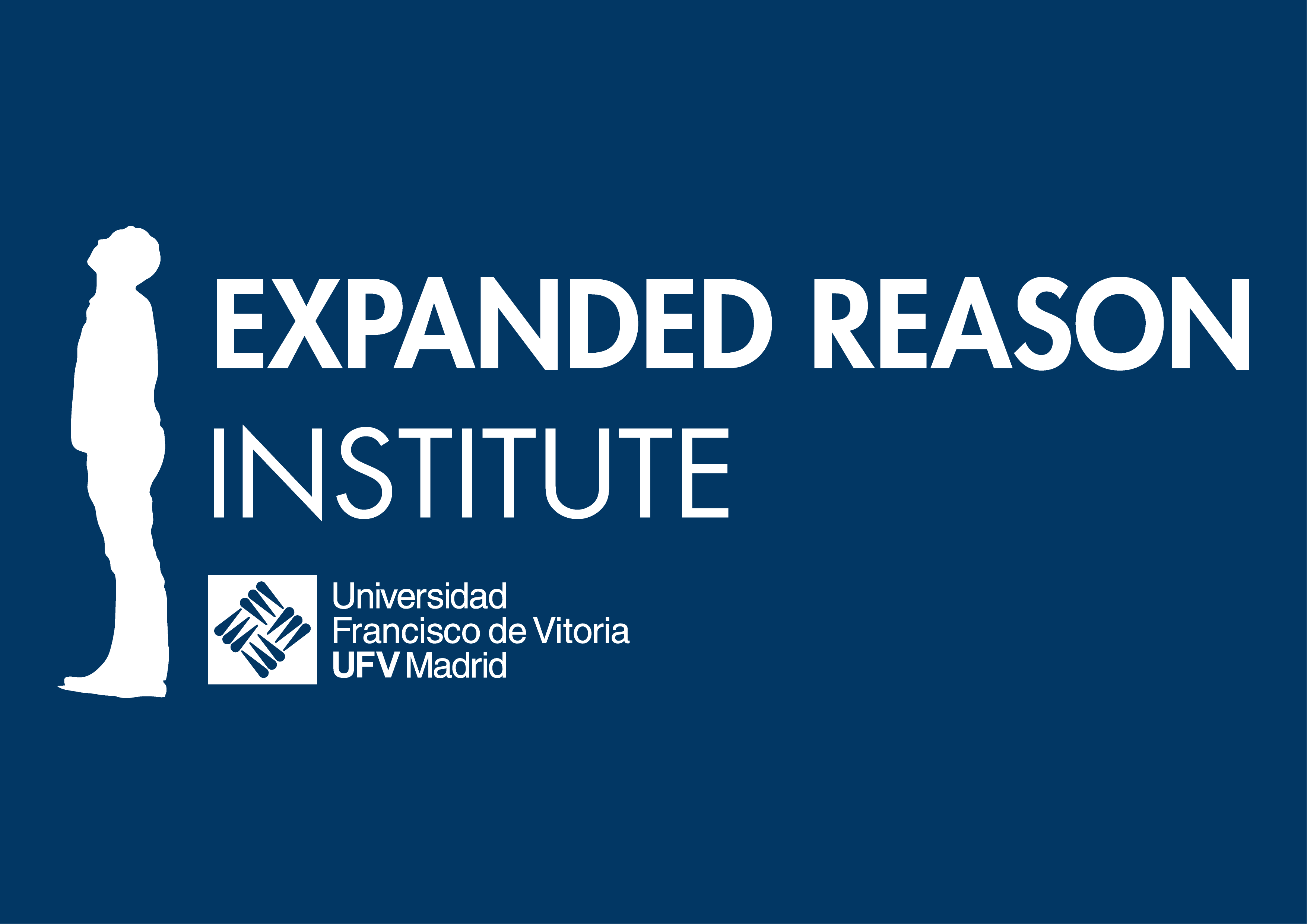Biography
Robert D. Enright and Richard P. Fitsgibbons
 Dr. Robert Enright is a professor of Educational Psychology at the University of Wisconsin-Madison, a licensed psychologist, and co-founder of the International Forgiveness Institute, a not-for-profit organization dedicated to the dissemination of knowledge about forgiveness and community renewal through forgiveness.
Dr. Robert Enright is a professor of Educational Psychology at the University of Wisconsin-Madison, a licensed psychologist, and co-founder of the International Forgiveness Institute, a not-for-profit organization dedicated to the dissemination of knowledge about forgiveness and community renewal through forgiveness.
He is the unquestioned pioneer in the scientific study of forgiveness. He has been called “the forgiveness trailblazer” by Time magazine and is often introduced as “the father of forgiveness research” because of his 34-year academic commitment to researching and implementing forgiveness programs. Dr. Enright is the author or editor of seven books and over 150 publications centered on social development and the psychology of forgiveness. He pioneered forgiveness therapy and developed an early intervention to promote forgiveness—the 20-step “Process Model of Forgiving.”His latest endeavors include forgiveness education in various world communities (for example Belfast, Bethlehem, Manila, and Monrovia) so that students begin to learn about forgiveness, which may aid their resilience as they confront and overcome serious injustices against them now and into adulthood.

Richard Fitzgibbons, M.D., is the director of the Institute for Marital Healing outside Philadelphia. He has treated and written extensively about excessive anger and other psychological conflicts in marriage, children, divorce, the priesthood and the crisis in the Church over the past 40 years. The benefits of Faith are described in much of his writing. He trained in psychiatry at the Hospital of the University of Pennsylvania and the Philadelphia Child Guidance Center. He graduated from Temple University School of Medicine and St. Joseph’s University, Philadelphia. He has served on the Board of Directors of the International Forgiveness Institute, taught at the John Paul II Institute for Studies on Marriage and Family at Catholic University, Washington, D.C., served as a consultant to the Congregation for the Clergy at the Vatican and is a member of the John Paul II Academy for Human Life and Family. His book, Habits for a Healthy Marriage: A Handbook for Catholic Couples, dedicated to St. John Paul II for his luminous writing on marriage, will be published August 27, 2019 by Ignatius Press. One of the happiest days of his life was when the APA agreed to the request of Dr. Robert Enright and himself that their latest book be entitled Forgiveness Therapy: An Empirical Guide for Resolving Anger and Restoring Hope. Dr. Enright and he hope that, given the high prevalence of excessive anger in psychiatric disorders in youth and adults, Forgiveness Therapy will in the future contribute to protocols being developed to uncover and treat this anger that interferes with treatment and contributes to relapse.
About Forgiveness Therapy
The book, Forgiveness Therapy, published by the American Psychological Association in 2015, is grounded in theology, philosophy, psychology, psychiatry, education, and the social scientific method. To understand forgiveness, one must understand the ancient origins first of a God who forgives out of love for humanity. Aristotelian realist philosophy posits an essence to humanity as rational, which is extended by Thomas Aquinas to include the essence of charity or love in service to others. The end point of any person, then, is to love, even if this summum bonum is never fully reached.
The moral virtue of forgiveness centers on love, even toward those who are deeply unfair to the one who forgives. Those who forgive first know that they have been treated unfairly by others, make a rational decision to forgive or offer goodness to the one who was not good to the forgiver, and then struggle to give, as best as they can, kindness, respect, generosity, and love to the offending person. As Aristotle instructs, we never reach perfection in our expression of any virtue and so forgiveness is developmental, with greater advancement toward its endpoint of love the more one practices this virtue. As Aristotle further instructs, no one moral virtue should be practiced in isolation of other moral virtues. Thus, forgiveness and the quest for justice should emerge together.
The field of psychology has contributed to this work in explicating a pathway, the Process Model of Forgiveness, which includes a decision to do no harm to the other, understanding the other as more than the offenses, and the challenge to see the unconditional worth in the other, thus engendering compassion and empathy for that other. The field of psychiatry has contributed to this work by showing, through case studies of clients or patients, that this process leads to positive mental health and relational change. The epistemology for deeply understanding and validating the Process Model, including its generalization to different populations, is the scientific method in which randomized experimental and control group clinical trials show that as people go through the process of forgiving, they become healthier in that their anger, anxiety, and depression lessen and their self-esteem and hope for the future increase.
All of these disciplines—theology, philosophy, psychology, psychiatry, and the scientific method—contribute to the development of forgiveness education curricula for children and adolescents. As students read age-appropriate stories of characters in conflict, these students learn what forgiveness is, how to go about it, and to choose for themselves if and when to forgive those who offend them. The practice of forgiveness can give great meaning to the life of those hurt by others. Forgiveness, thus, has direct importance in individual hearts, families, communities, homeless shelters, prisons, and world zones in conflict. Would the world be a better place if all took seriously the idea that forgiveness deserves a place wherever people are in interaction with one another? The paradoxical offering of love to those who offend can help people leave a legacy of love that can continue long after the person is gone from this earth.


